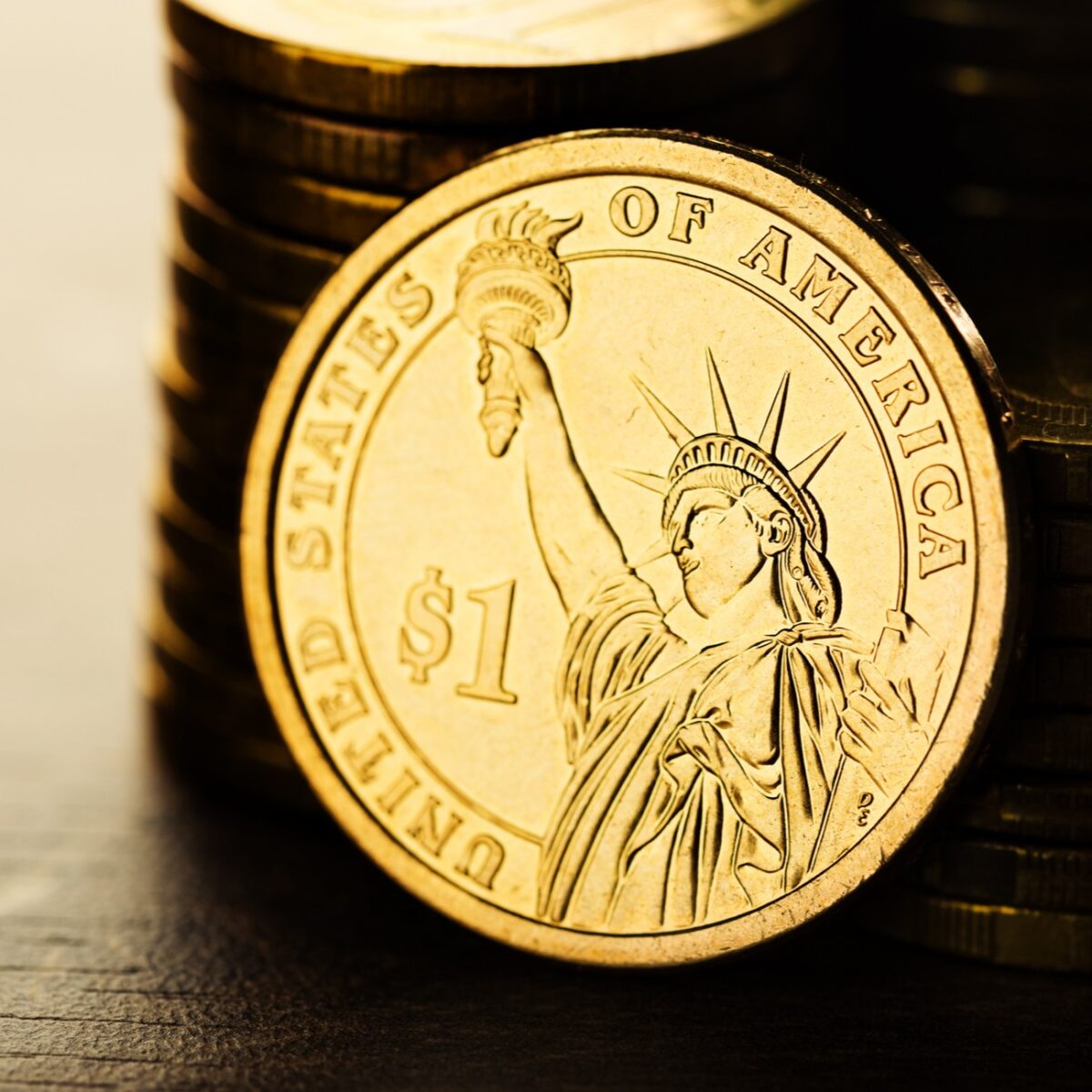PALO ALTO, Calif. (Reuters) - The Federal Reserve is taking a look at a broad series of issues around digital payments and currencies, including policy, style and legal factors to consider around potentially issuing its own digital currency, Guv Lael Brainard said on Wednesday. Brainard's remarks recommend more openness to the possibility of a Fed-issued digital coin than in the past." By transforming payments, digitalization has the prospective to deliver higher worth and benefit at lower expense," Brainard stated at a conference on payments at the Stanford Graduate School of Business.
Central banks globally are discussing how to handle digital finance technology and the distributed ledger systems used by bitcoin, which promises near-instantaneous payment at potentially low cost. The Fed is establishing its own day-and-night real-time payments and settlement service and is currently examining 200 remark letters sent late last year about the proposed service's design and scope, Brainard said.
Less than two years ago Brainard informed a conference in San Francisco that there is "no compelling showed requirement" for such a coin. However that was before the scope here of Facebook's digital currency ambitions were commonly understood. Fed authorities, consisting of Brainard, have actually raised issues about customer securities and data and privacy threats that https://zenwriting.net/goldetfoyt/palo-alto-calif-9sb0 might be positioned by a currency that could enter into use by the 3rd of the world's population that have Facebook accounts.

" We are teaming up with other reserve banks as we advance our understanding of central bank digital currencies," she said. With more nations looking into issuing their own digital currencies, Brainard stated, that contributes to "a set of factors to also be ensuring that we are that frontier of both research and policy development." In the United States, Brainard stated, problems that need research study consist of whether a digital currency would make the payments system much safer or simpler, and whether it could present monetary stability risks, including the possibility of bank runs if cash can be turned "with a single swipe" into the reserve bank's digital currency.
To counter the monetary damage from America's unmatched nationwide lockdown, the Federal Reserve has taken unmatched steps, including flooding the economy with dollars and investing directly in the economy. Most of these relocations got grudging acceptance even from lots of Fed skeptics, as they saw this stimulus as needed and something just the Fed might do.
My new CEI report, "Government-Run Payment Systems Are Hazardous at Any Speed: The Case Against Fedcoin and FedNow," details the threats of the Fed's existing prepare for its FedNow real-time payment system, and propositions for central bank-issued cryptocurrency that have actually been called Fedcoin or the "digital dollar." In my report, I discuss concerns about personal privacy, information security, currency adjustment, and crowding out private-sector competition and innovation.
Advocates of FedNow and Fedcoin state the federal government must create a system for payments to deposit quickly, instead of encourage such systems in the economic sector by lifting regulatory barriers. However as kept in what is a fedcoin mind in the paper, the personal sector is offering a relatively endless supply of payment innovations and digital currencies to solve the problemto the extent it is a problemof the time gap in between when a payment is sent out and when it is received in a checking account.
And the examples of private-sector innovation in this Browse around this site area are many. The Clearing House, a bank-held cooperative that has been routing interbank payments in numerous forms for more than 150 years, has actually been clearing real-time payments given that 2017. By the end of 2018 it was covering 50 percent of the deposit base in the U.S.